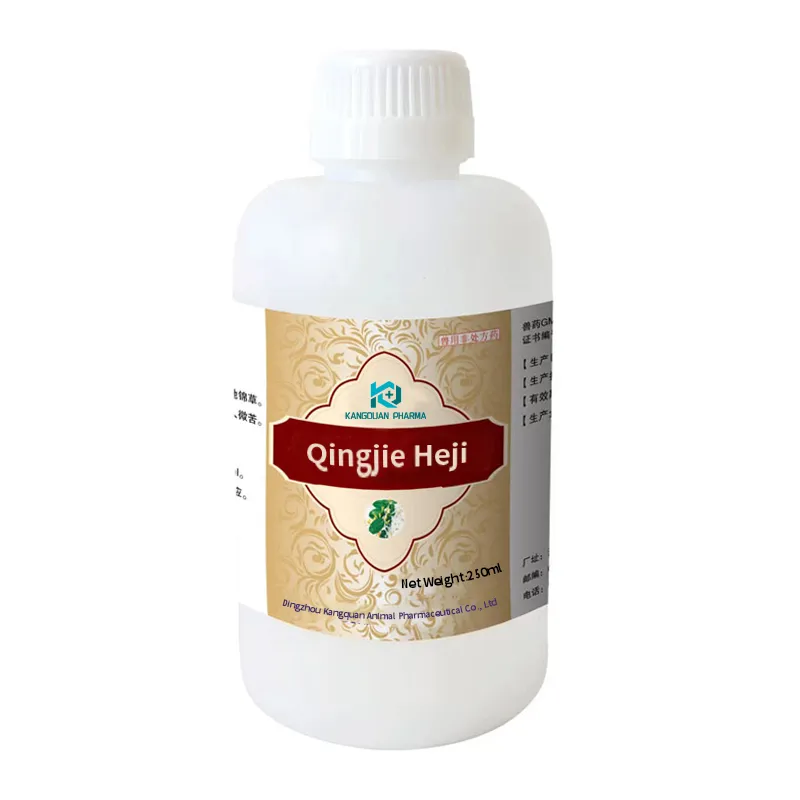- Afrikaans
- Albanian
- Amharic
- Arabic
- Armenian
- Azerbaijani
- Basque
- Belarusian
- Bengali
- Bosnian
- Bulgarian
- Catalan
- Cebuano
- Corsican
- Croatian
- Czech
- Danish
- Dutch
- English
- Esperanto
- Estonian
- Finnish
- French
- Frisian
- Galician
- Georgian
- German
- Greek
- Gujarati
- Haitian Creole
- hausa
- hawaiian
- Hebrew
- Hindi
- Miao
- Hungarian
- Icelandic
- igbo
- Indonesian
- irish
- Italian
- Japanese
- Javanese
- Kannada
- kazakh
- Khmer
- Rwandese
- Korean
- Kurdish
- Kyrgyz
- Lao
- Latin
- Latvian
- Lithuanian
- Luxembourgish
- Macedonian
- Malgashi
- Malay
- Malayalam
- Maltese
- Maori
- Marathi
- Mongolian
- Myanmar
- Nepali
- Norwegian
- Norwegian
- Occitan
- Pashto
- Persian
- Polish
- Portuguese
- Punjabi
- Romanian
- Russian
- Samoan
- Scottish Gaelic
- Serbian
- Sesotho
- Shona
- Sindhi
- Sinhala
- Slovak
- Slovenian
- Somali
- Spanish
- Sundanese
- Swahili
- Swedish
- Tagalog
- Tajik
- Tamil
- Tatar
- Telugu
- Thai
- Turkish
- Turkmen
- Ukrainian
- Urdu
- Uighur
- Uzbek
- Vietnamese
- Welsh
- Bantu
- Yiddish
- Yoruba
- Zulu
7 月 . 25, 2024 04:40 Back to list
Exploring the Uses and Impacts of Colistin Sulfate in Antibiotic Treatments and Resistance
Colistin Sulfate An Overview of Its Use and Importance in Medicine
Colistin sulfate is an antibiotic that belongs to the class of polymyxins. It has gained significant attention in recent years, primarily due to the increasing prevalence of multidrug-resistant (MDR) infections caused by gram-negative bacteria. This article discusses the structure, mechanism of action, therapeutic applications, potential side effects, and the rising concern surrounding antibiotic resistance related to colistin sulfate.
Chemical Structure and Mechanism of Action
Colistin, also known as polymyxin E, is actually a complex of several components, among which colistin sulfate is one of the most widely used forms
. Chemically, it is a cyclic polypeptide that consists of a peptide moiety linked to a fatty acid tail, which allows it to interact with bacterial membranes. The primary mechanism of action involves binding to the lipopolysaccharides (LPS) on the outer membrane of gram-negative bacteria. This binding disrupts the bacterial cell membrane, leading to increased permeability and ultimately cell death. This mechanism is particularly effective against gram-negative pathogens such as Escherichia coli, Pseudomonas aeruginosa, and Klebsiella pneumoniae, which pose significant treatment challenges in clinical settings.Therapeutic Applications
Colistin sulfate is primarily used to treat infections caused by multidrug-resistant gram-negative bacteria. It has been employed in various clinical scenarios, including urinary tract infections, pneumonia, and bloodstream infections. Because of its unique efficacy against resistant strains, colistin is often considered a last-resort antibiotic. Despite its effectiveness, the drug is usually administered in combination with other antibiotics to enhance therapeutic outcomes and prevent the emergence of resistance.
colistin sulfate

In veterinary medicine, colistin is sometimes used as a growth promoter in livestock, which raises concerns about the potential for transfer of resistance genes to human pathogens. The inappropriate and excessive use of colistin in agriculture has been linked to the emergence of colistin-resistant bacteria, further complicating the fight against antibiotic resistance.
Side Effects and Safety Concerns
While colistin sulfate is an effective antibiotic, it is not without risks. One of the primary concerns is its nephrotoxicity, which can lead to acute kidney injury, especially in patients with predisposing factors such as preexisting renal impairment or dehydration. Neurological side effects, including dizziness, headache, and in some cases, neuromuscular blockade, have also been reported. Therefore, monitoring renal function and adjusting dosages accordingly is crucial during colistin therapy.
Furthermore, the rise of colistin-resistant bacteria poses a significant challenge in clinical practice. Resistance can occur via several mechanisms, including the modification of the LPS structure, which reduces colistin binding, or the acquisition of resistance genes such as mcr-1. The emergence of colistin resistance has prompted the urgent need for guidelines to limit its use and preserve its efficacy for future generations.
Conclusion
In summary, colistin sulfate is a critical antibiotic used in the treatment of multidrug-resistant gram-negative bacterial infections. Its unique mechanism of action and effectiveness make it invaluable in cases where other treatments have failed. However, the potential for serious side effects, coupled with the worrying trend of increasing antibiotic resistance, highlights the need for careful management and judicious use of colistin. As we continue to navigate the challenges posed by resistant bacteria, understanding the role of colistin sulfate and implementing strategies to preserve its effectiveness are essential components of modern antimicrobial stewardship.
-
The Power of Radix Isatidis Extract for Your Health and Wellness
NewsOct.29,2024
-
Neomycin Sulfate Soluble Powder: A Versatile Solution for Pet Health
NewsOct.29,2024
-
Lincomycin Hydrochloride Soluble Powder – The Essential Solution
NewsOct.29,2024
-
Garamycin Gentamicin Sulfate for Effective Infection Control
NewsOct.29,2024
-
Doxycycline Hyclate Soluble Powder: Your Antibiotic Needs
NewsOct.29,2024
-
Tilmicosin Premix: The Ultimate Solution for Poultry Health
NewsOct.29,2024













